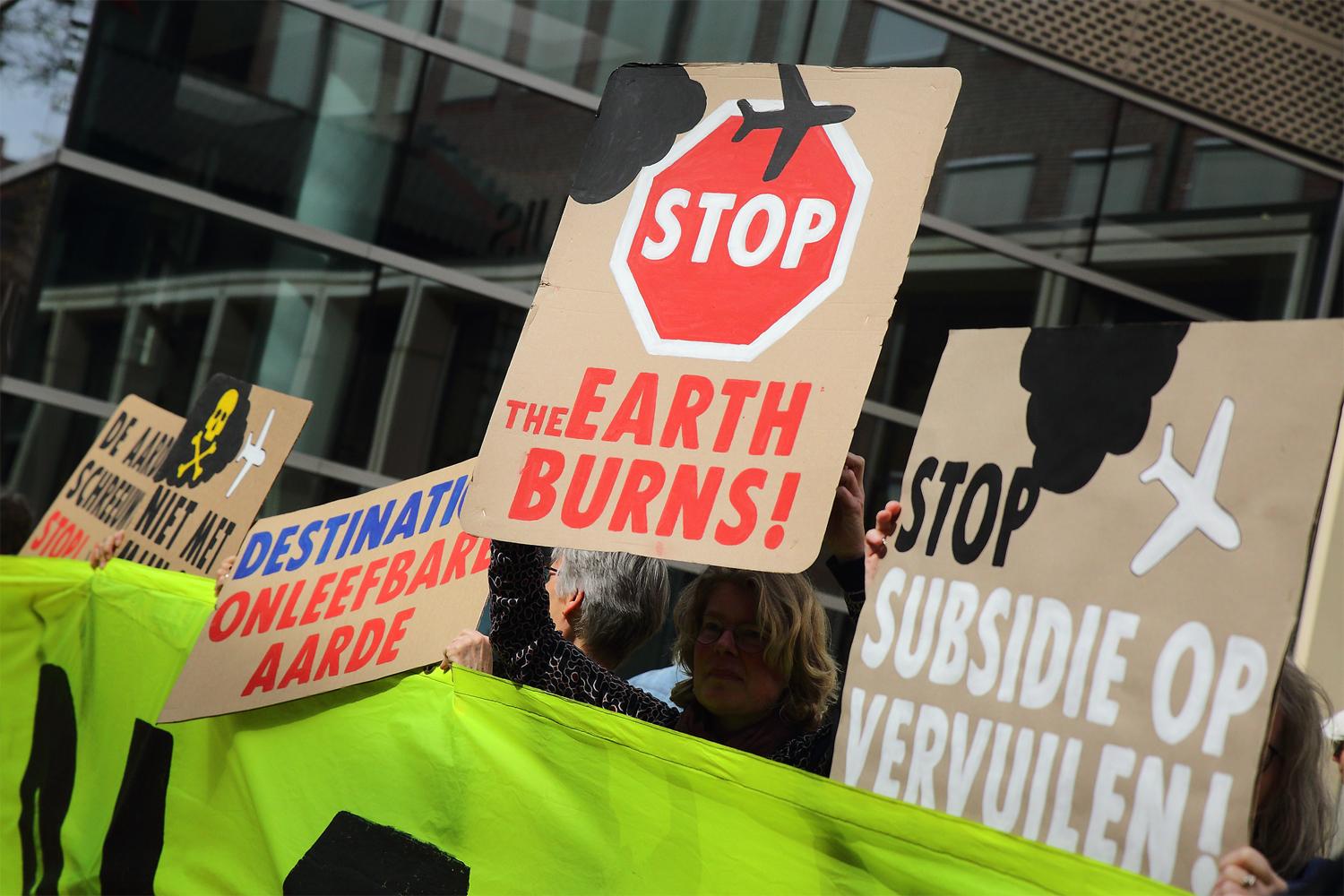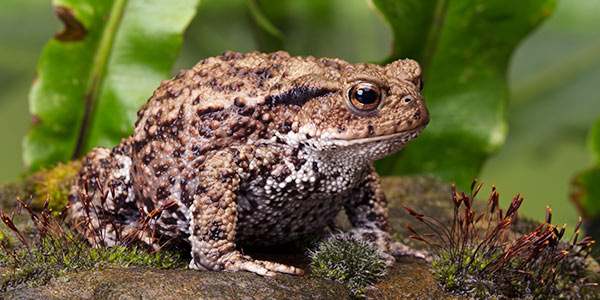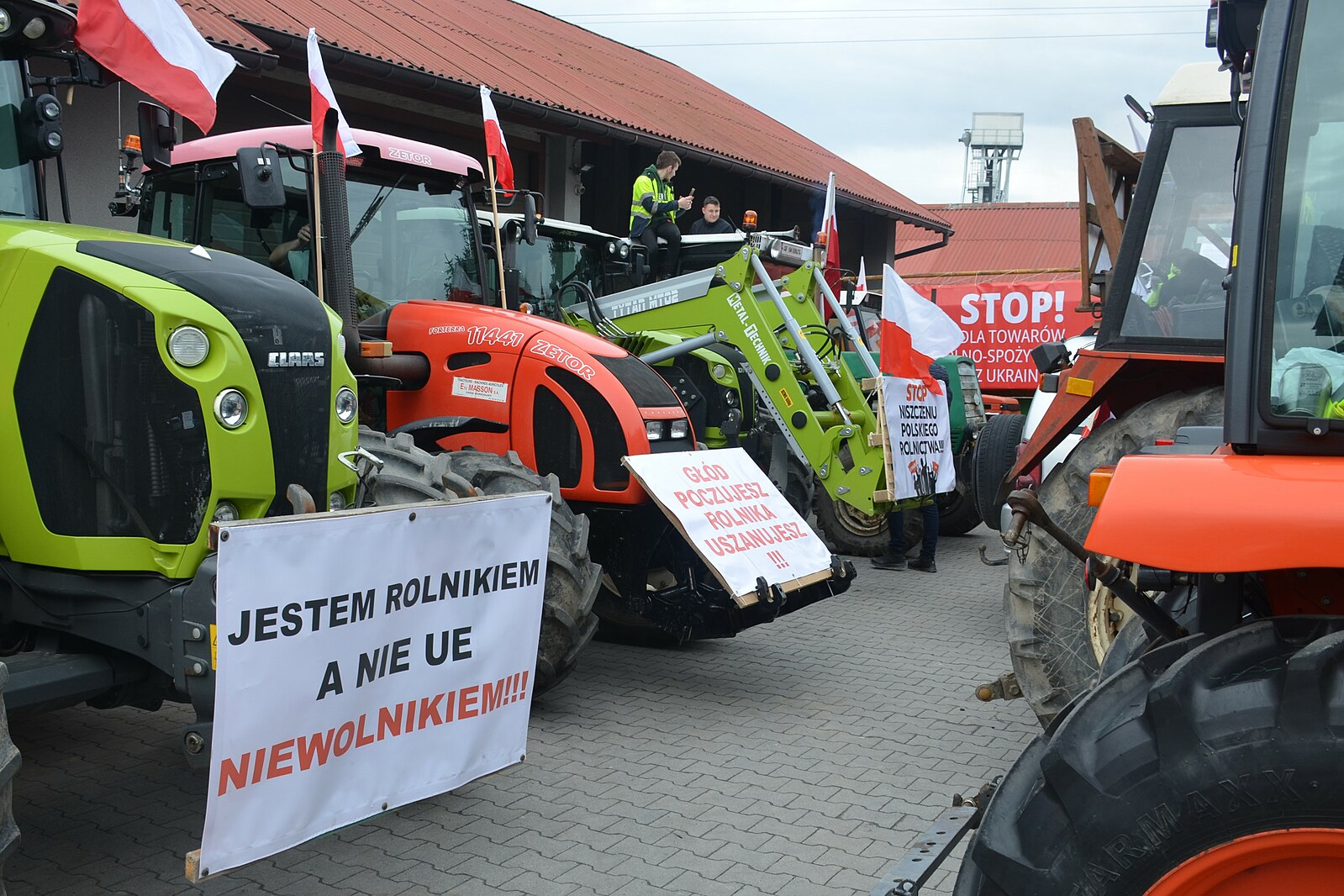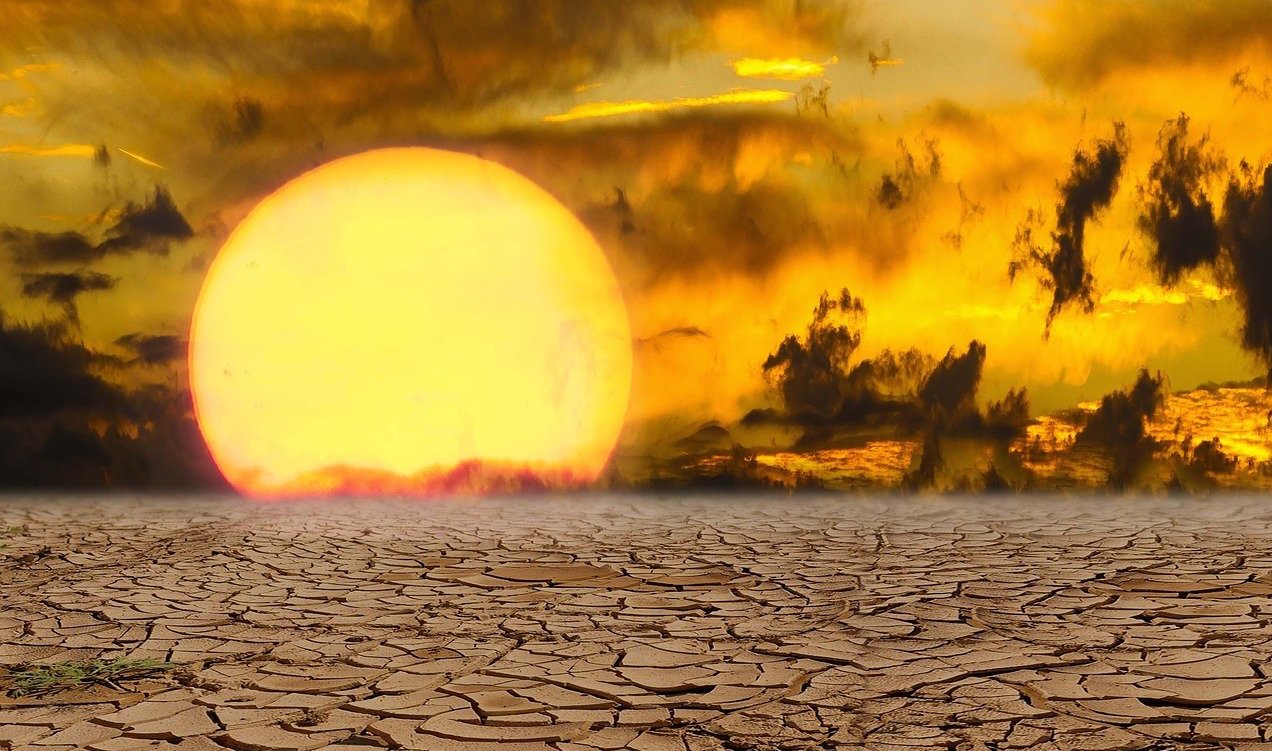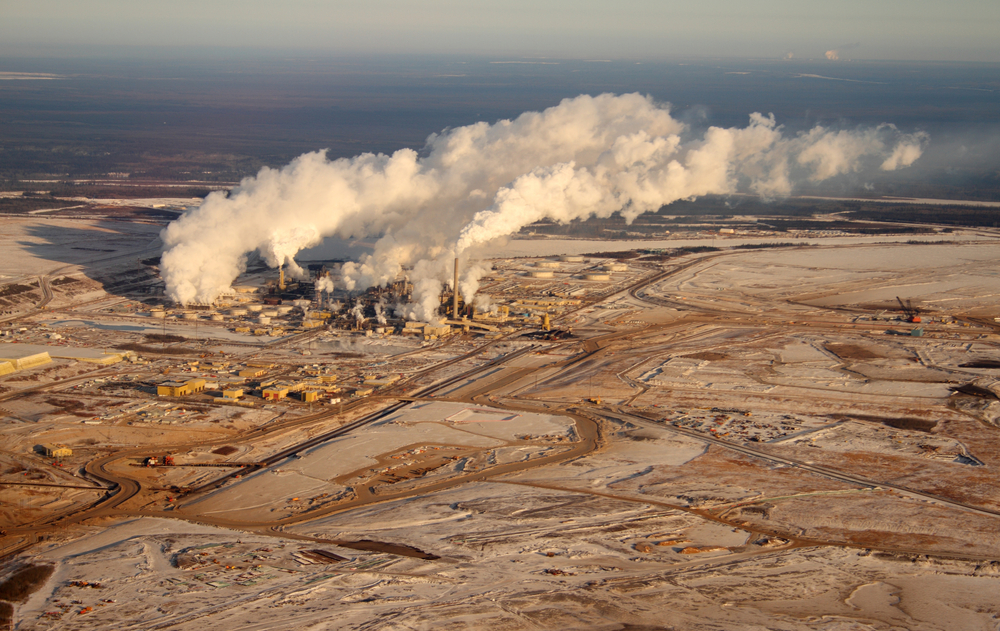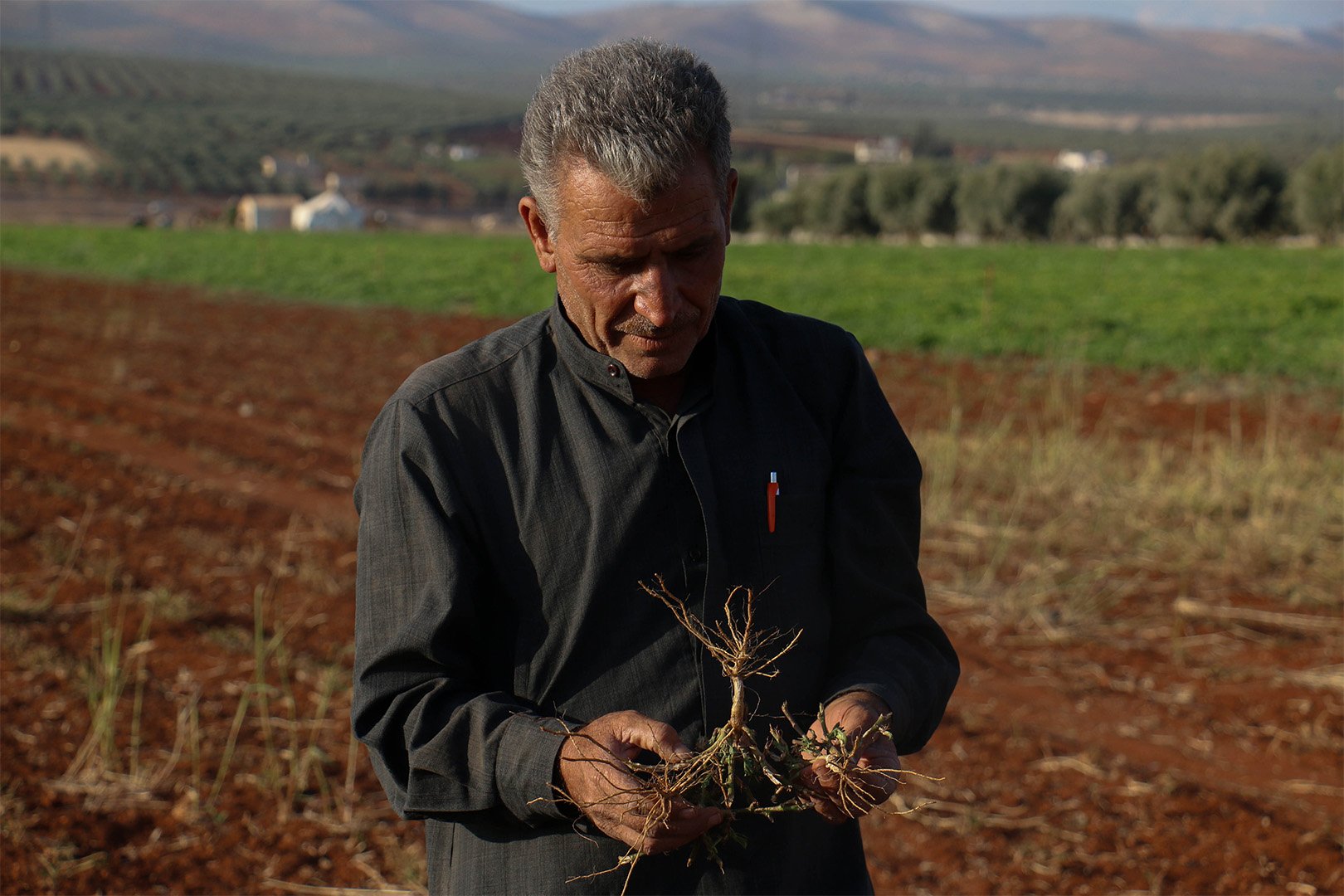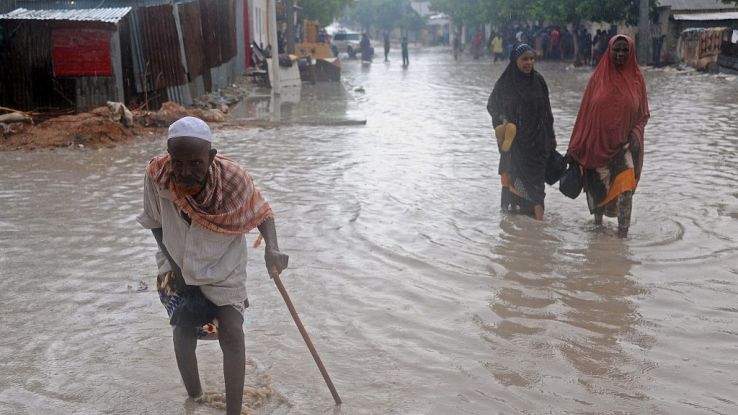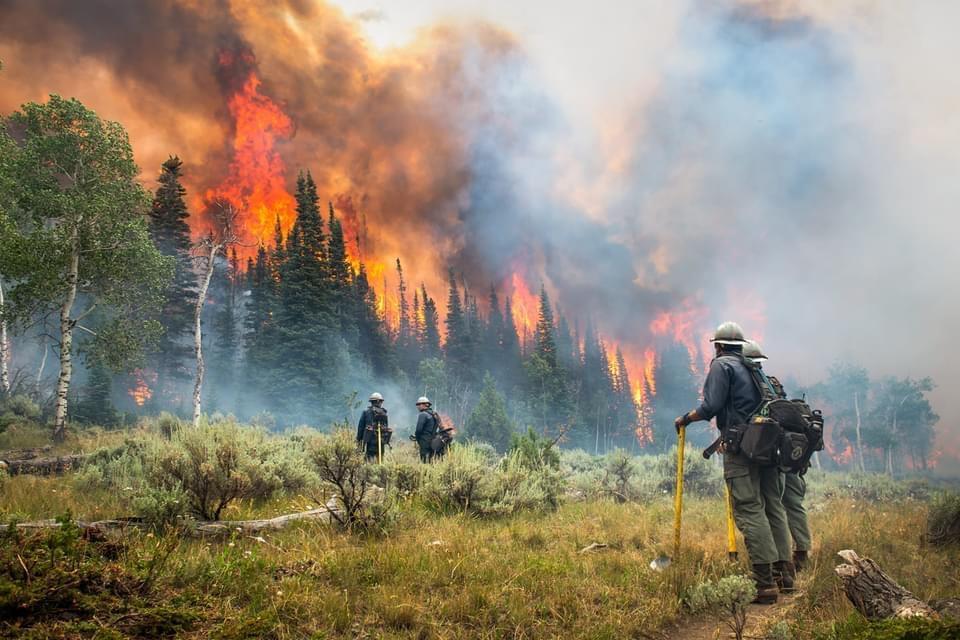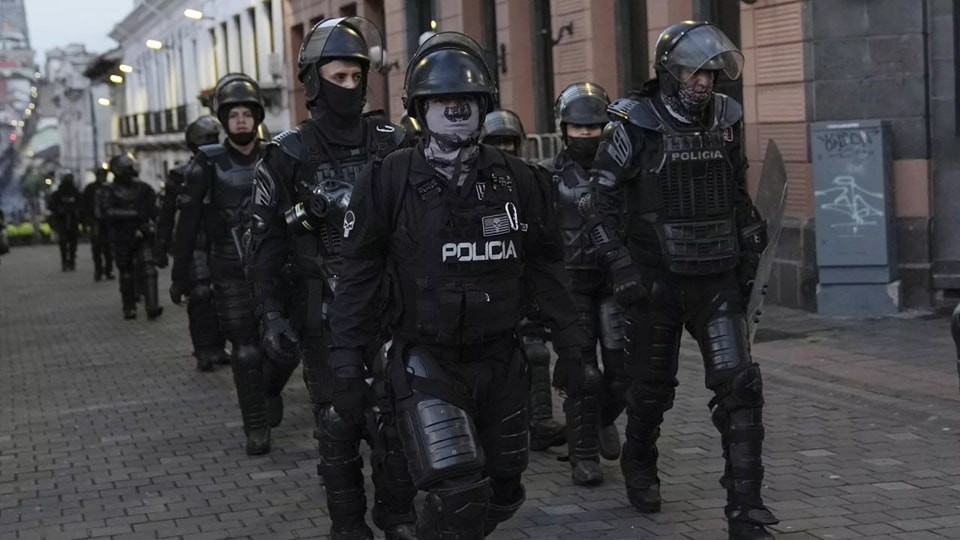
Ecuador votes to approve tightened security measures
Ecuadorans voted to approve a number of security proposals from President Daniel Noboa as the South American country experiences a surge in violence that has claimed the lives of multiple public officials. Among the proposals was a measure to amend Ecuador’s constitution to allow the armed forces to fight organized crime alongside the police. The vote also included a “popular consultation,” containing six non-binding proposals. Among those approved was a proposal to increase penalties for crimes such as murder, human trafficking, drug trafficking and arms trafficking. (Photo: Indymedia Ecuador)



